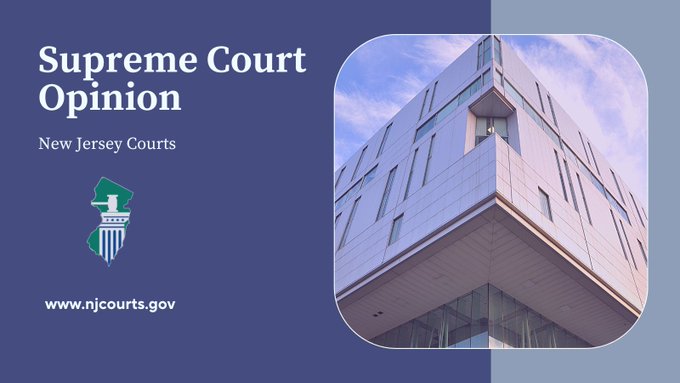The Supreme Court of New Jersey has issued a significant ruling that reshapes how trial courts across the state must respond to allegations of juror misconduct during an ongoing trial. In the case of State v. Ebenezer Byrd (A-3/4/5-24/089469), decided on July 24, 2025, the Court laid out a clear framework designed to ensure fairness for defendants while preserving the integrity of the jury process.
This decision reinforces the principle that every defendant is entitled to a fair trial before an impartial jury, and it provides trial judges with structured guidance on how to address misconduct concerns that may arise after jury selection but before a verdict is reached.
The Background of the Case
The case at the center of the ruling, State v. Ebenezer Byrd, involved allegations of improper juror conduct raised during the trial proceedings. While juror misconduct can take many forms — from exposure to outside information, improper communication, or premature deliberations — the Court emphasized that even the appearance of bias or influence can threaten the fairness of a trial.
Traditionally, trial judges had wide discretion in how to handle such allegations. Some judges dismissed concerns quickly, while others conducted lengthy inquiries. The Supreme Court’s decision establishes a uniform, statewide standard to prevent inconsistent outcomes and strengthen protections for defendants.
What the Supreme Court Ruled
The Court made clear that when allegations of juror misconduct are raised, the trial judge must first evaluate whether the claim is plausible. If the concern appears credible, the judge is required to conduct a careful inquiry, which may include:
- Individual questioning of jurors to determine whether misconduct occurred.
- Assessing the potential impact of the alleged behavior on the impartiality of the jury.
- Considering remedies, which could range from dismissing a juror, providing curative instructions, or in extreme cases, declaring a mistrial.
The ruling balances judicial efficiency with the constitutional rights of defendants. Not every allegation requires a full-blown investigation, but courts can no longer simply dismiss serious claims without meaningful review.
Why This Matters for New Jersey’s Legal System
Juror misconduct is not new, but in an age where social media, digital news, and constant communication can seep into the courtroom, the risks are greater than ever. A single text message, online search, or outside conversation can taint the integrity of a trial.
By creating a structured response framework, the Supreme Court aims to:
- Protect the rights of defendants to a fair trial.
- Provide consistency across New Jersey’s trial courts.
- Reinforce public trust in the jury system.
Legal analysts note that the decision also empowers defense attorneys, who now have clearer grounds to raise and pursue misconduct claims. At the same time, it ensures judges have authority to swiftly resolve issues without automatically derailing trials.
Broader Implications
This decision will likely influence how trial courts handle high-profile criminal cases, where media coverage and public attention increase the likelihood of juror exposure to outside information.
It also signals that the New Jersey Supreme Court is keenly aware of the challenges modern technology poses for jury trials. With smartphones and instant access to information, maintaining a jury that is both impartial and insulated from outside influence requires vigilance at every step.
For more developments and in-depth coverage of major court decisions, visit our Law & Order section.
Final Thoughts
The ruling in State v. Ebenezer Byrd is more than just a procedural clarification — it’s a reaffirmation of the core principle of justice through impartial juries. By holding trial courts accountable for how they investigate and respond to misconduct allegations, the New Jersey Supreme Court is working to safeguard fairness in every courtroom across the state.
As this standard is implemented, both prosecutors and defense attorneys will need to adapt their strategies, while judges will have a stronger blueprint for navigating one of the most delicate issues in trial practice.












